Although migraine headache and dizziness coexist in a sizable proportion of the general population, the interface between migraine and dizziness is not well understood, according to a panel of experts.
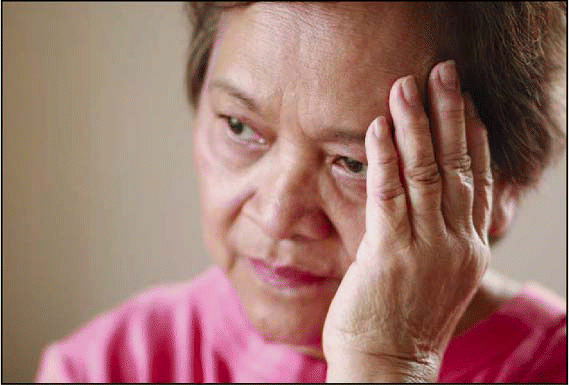

Although migraine headache and dizziness coexist in a sizable proportion of the general population, the interface between migraine and dizziness is not well understood, according to a panel of experts.
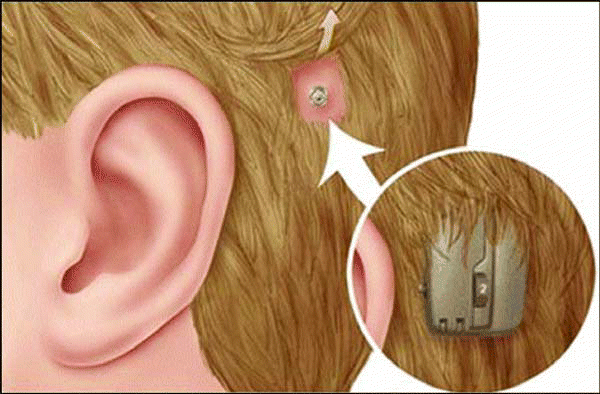
Bone-anchored hearing aids (BAHA) provide many patients who can’t use standard hearing aids-for example, those with ear malformations or chronic infections-the potential to restore their hearing.

Philip Mark Brown, MD’s audiologist coworkers keep him apprised of the current state of the art regarding the available battery of audiologic tests.
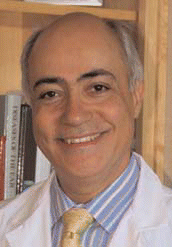
An FDA-cleared, noninvasive treatment approach that utilizes neural stimulation to desensitize patients to the disturbing impact of tinnitus has achieved consistently positive results in a controlled clinical study in Australia.
Cochlear implantation has become a safe procedure-and, as result of refinements in devices and surgical techniques, complications are atypical.
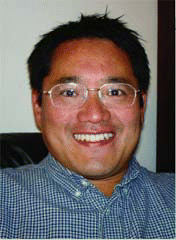
Noise-induced hearing loss is a key challenge in otolaryngology today. Interestingly, an older class of antiepileptic drugs, T-type calcium blockers, may hold promise as preventive agents.

Approximately 80% of children three years of age and younger are affected by otitis media, with treatment costs estimated at more than $5 billion per year.
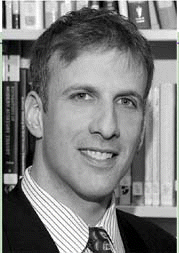
The remarkable new tools of the genomic generation have been used by researchers at the House Ear Institute in Los Angeles, Translational Genomics Research Institute in Phoenix, and the University of Antwerp, Belgium, to zero in on genes that cause presbycusis, or age-related hearing loss.
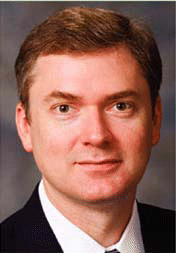
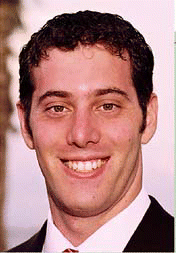
The prevalence of biofilms was discussed in several presentations at the Combined Otolaryngology Spring Meetings here.